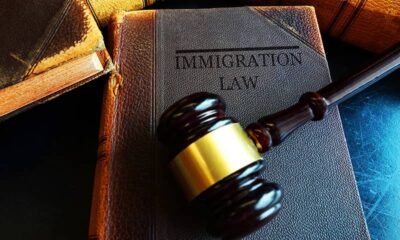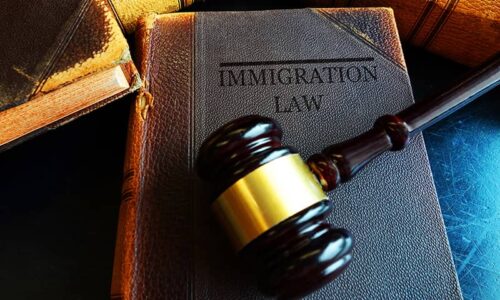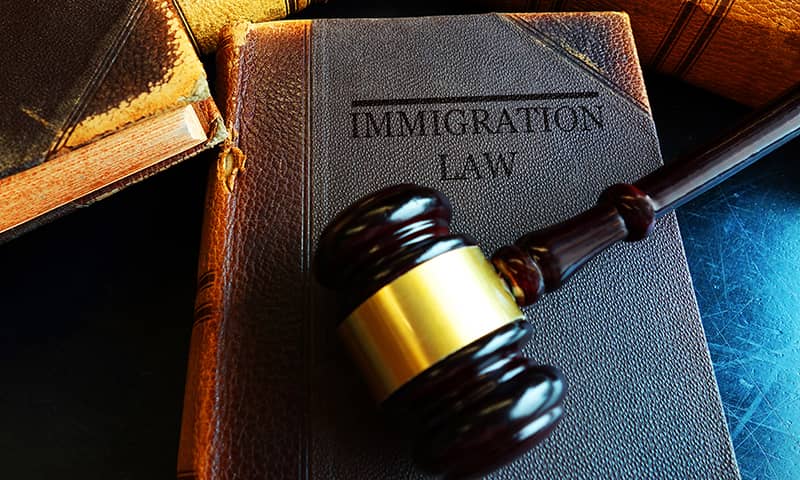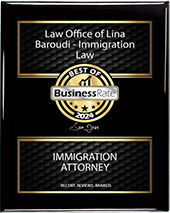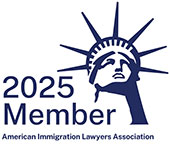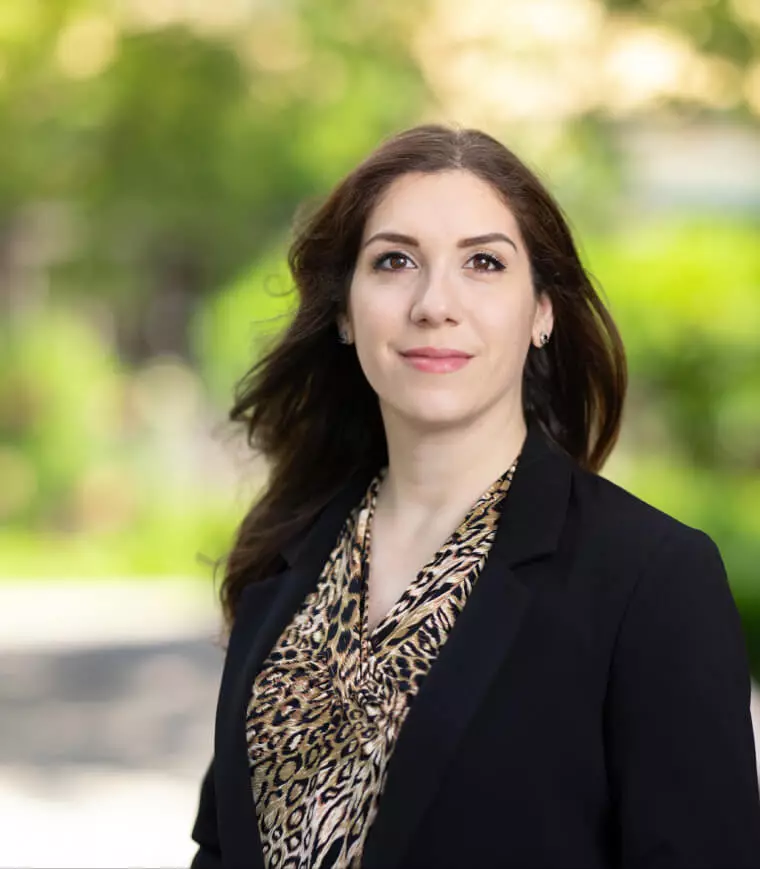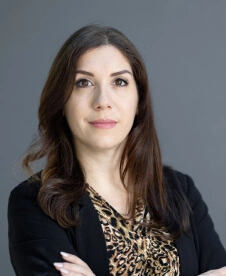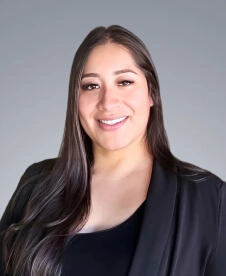Getting engaged is an exciting milestone, but what happens when your fiance is a foreign national? The K1 fiance visa provides the solution that allows U.S. citizens and their overseas fiances to legally unite and marry in the United States.
If you’ve recently become engaged to a partner who lives outside the U.S., understanding the K1 visa process is crucial for beginning your new lives together in the U.S. This complete guide from the Law Office of Lina Baroudi in San Jose covers everything you need to know about eligibility requirements, application processes, and tips for success.
Read on to learn how to navigate the K1 fiance visa process.
What is the K1 Fiance Visa?
The K1 visa, also known as the fiance visa, allows the overseas fiance or fiancee of a U.S. citizen to enter the United States in order to get married.
It is one of the quickest options for a foreign national to immigrate to the U.S. after becoming engaged to an American citizen.
Once issued, the K1 visa holder may enter the U.S. and must marry their U.S. citizen spouse within 90 days. After marrying, the immigrant spouse can apply for U.S. permanent residence. The K1 visa provides a pathway for engaged couples to unite in the United States legally.
Eligibility Requirements for the K1 Visa
To qualify for a K1 fiance visa, the following requirements must be met:
- The U.S. citizen sponsor must be able to prove U.S. citizenship.
- The couple must prove that they have met in person at least once within two years before filing the petition. This meeting is required to establish that the relationship is genuine.
- The couple must prove that they have a bona fide relationship and that they intend to marry within 90 days of the fiance’s entry to the U.S..
- Neither individual can be married to, or in a sham relationship with, anyone else.
Filing the I-129F Petition
To begin the K1 visa process, the U.S. citizen sponsor must file Form I-129F with U.S. Citizenship and Immigration Services (USCIS). This is known as the K1 visa petition.
The petition must include evidence like photos, chat logs, phone records, flight itineraries, and affidavits from witnesses who can prove the legitimacy of the relationship.
USCIS takes approximately 5-12 months to process I-129F petitions. Once approved, the case gets transferred to the National Visa Center for embassy processing.
Embassy Interview and Visa Application
After the I-129F is approved, the fiance will be instructed to complete the online DS-160 visa application. They must also gather supporting documents like police certificates and pass a medical exam performed by an approved doctor.
The fiance then attends an interview at the U.S. embassy or consulate in their home country. A consular officer will review the relationship evidence and ask questions to determine if the fiance qualifies for the K1 visa.
Tips for Acing the K1 Visa Interview
To increase chances of approval, couples should:
- Provide extensive relationship evidence like shared bills, photos together, and joint travel reservations.
- Know key details about each other, like birthdays, family members, and important events.
- Answer confidently and honestly if asked questions about your relationship history or future plans.
- Dress formally and act politely during the interview.
Entering the U.S. as a K1 Visa Holder
Once issued, the K1 visa allows a single entry into the U.S. for up to 6 months. The fiance must enter the U.S. within this time and marry their sponsor within 90 days of their entry.
After marrying, the immigrant spouse can remain in the U.S. while applying for adjustment of status (permanent residence) by filing Form I-485. They are also eligible to apply for a work permit while waiting for the green card application to be processed.
Benefits and Rights of K1 Visa Holders
Those immigrating on the K1 visa are entitled to certain benefits like:
- Ability to legally work in the U.S. upon receipt of a work permit
- Eligible children under 21 years can obtain K2 visas to accompany the K1 visa holder.
- Once married, the immigrant spouse is entitled to apply for permanent residence. The average processing time is 8-14 months.
Tips for Avoiding Common K1 Visa Mistakes
Unfortunately, many K1 visa applicants undermine their own cases by making avoidable mistakes.
Some common pitfalls include:
- Providing inadequate relationship evidence. Photos, messages, and flight records may be deemed insufficient.
- Failing to meet the in-person meeting requirement. This leads to automatic denial.
- Omitting important details or events related to their relationship history. Dishonesty raises red flags.
- Making errors on key application forms like the I-129F or DS-160. Mistakes can delay or endanger approval.
- Struggling to convincingly answer interview questions about relationship details and future plans.
- Neglecting to properly file for adjustment of status after arriving in the U.S. and marrying.
- Encountering issues related to previous overstays, illegal entries, or criminal records.
- Attempting to expedite the process through shortcuts instead of properly following procedures.
Without legal guidance, it is extremely easy for couples to jeopardize their cases through simple yet serious mistakes. Hiring an experienced San Jose immigration lawyer is the best way to avoid common errors and have the greatest chance for efficient K1 visa approval. Doing it alone can spell disaster for your application.
Working With a K-1 Fiance Immigration Lawyer
Engaging an experienced immigration attorney provides valuable guidance through the multi-step K1 visa process.
Lawyers can assist clients with:
- Preparing convincing relationship evidence for the I-129F petition.
- Reviewing documents and forms to avoid mistakes or delays.
- Strategizing for a successful fiance visa interview.
- Applying for adjustment of status after the wedding.
An attorney can maximize chances for efficient visa approval. Couples should look for family immigration lawyers with proven success in K1 visa cases. The K1 fiance visa provides a legal pathway for engaged couples to be together in the United States.
While the multi-step process involves paperwork and interviews, having complete applications and strong relationship evidence maximizes chances for success. For personalized guidance from petition to green card, contact the Law Office of Lina Baroudi in San Jose to speak with an immigration lawyer.
